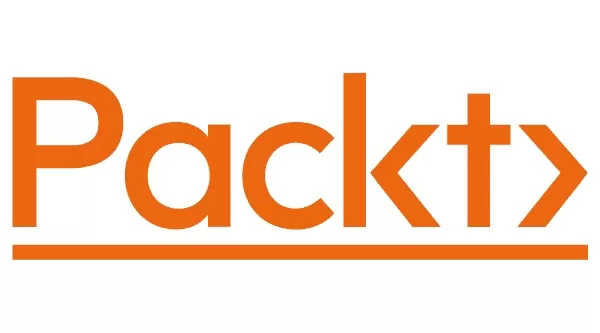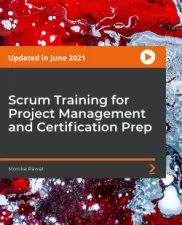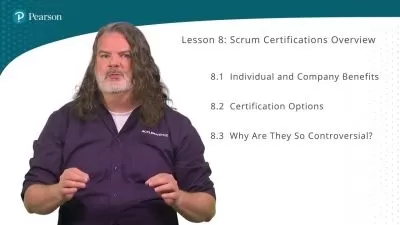Agile Retrospective: Continuous Improvement and Kaizen with Scrum
Paul Ashun
1:22:53
Description
Learn how to be confident while conducting Scrum. Whether you are a novice, an expert, or simply someone who wants the answer to the question—what is Sprint Retrospective?—this is definitely the class for you. Sprint Retrospective is a method for boosting your team’s efficiency.
The author explains the fundamentals of Agile Retrospective and how to organize Sprint Retrospective at an industrial level in a very simple way.
To get the best experience, all you need is a keen interest in Agile Scrum, a real need to improve your team or business, and the desire to improve continuously.
Each section features an overview of a particular aspect of holding a Sprint Retrospective and tips to organize it wonderfully. Examples are included throughout the course with interactive and quality resources. Everything is based on real-world experiences.
More details
User Reviews
Rating
Paul Ashun
Instructor's Courses
PacktPub
View courses PacktPub- language english
- Training sessions 39
- duration 1:22:53
- Release Date 2023/02/26




















